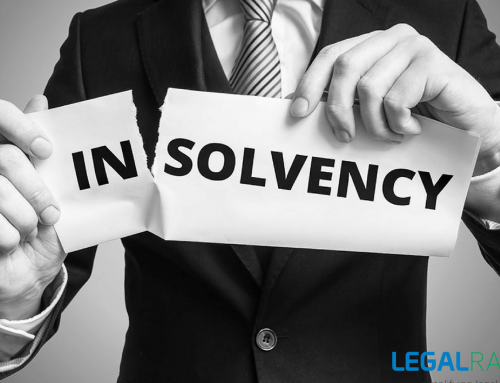Introduction
The Director of a company has certain exclusive responsibilities and duties. The directors’ duty is characterized by the optimization of the interests of the company while remaining constrained by the laws of the land and certain ethical and moral principles. While some of these duties are self-explanatory and obvious considering the profit motive of businesses, others require a careful perusal to ensure that the business is run efficiently. The following are some core ideas associated with the role of a Director.
-
Duty to act within stipulated powers
The Constitution of a Company spells out the rights and powers of the Director of the Company as envisioned by the owners. It allows the Director numerous exclusive privileges and binds the Director to act within the conferred powers and exercise them for the purpose for which they were conferred. Misuse of powers or acting beyond the powers ascribed to the Director is against the duties of the Director and can attract penalization depending upon the severity of the infraction.
-
Duty to act in the best interests of the Company
A Director is entrusted with fiduciary responsibilities of the Company and has an obligation to maintain assets and liabilities of the company for the maximum possible benefit of owners and employees. Considering the burden of his/her responsibilities, the Director is placed in a special position of trust and is expected to conform to ethical standards associated with his/her responsibilities. The first priority of the Director is to work towards the interests of the Company and place individual interests on a back-burner whenever required.
-
Efficient utilization of Company’s assets
A Director is the caretaker of the assets of the Company, which have been placed under his/her care with the belief that they will be managed to extract maximum utility for the perpetuation of the profitability of said Company. As such, it is essential to utilize the assets in an efficient manner and to carefully consider the impact of all decisions to ensure that productive opportunities are effectively exploited.
-
Duty of Confidentiality
As the primary decision maker, the Director is privy to the inner workings of the Company, and all associated trade secrets. Most of the information that a Director bases his/her decisions on is confidential and has a great tendency to be misused if it is brought to the notice of the wrong parties. Hence, the duties of a Director include safeguarding such information with all possible measures and penalizing any employee who violates this confidentiality. Moreover, the Director must refrain from using confidential information to his/her personal advantage at the expense of the interests of the Company.
-
Duty to prevent Conflict of Interest
A conflict of interests of the Company and the Director personally must be avoided at all costs. Any such foreseeable conflict must be dealt with in a manner that first and foremost benefits the Company. If a Director finds himself/herself unable to decide on such a matter, he/she should excuse him/herself and inform the owners about the situation so that they may make appropriate arrangements.
-
Duty to attend meetings
A Director has an obligation to attend all relevant meetings of the Company’s Board to remain updated about the financial health of the company and also to provide a sense of leadership to the employees. If a director is absent from three consecutive meetings or does not attend any meeting in three months, whichever period is longer, then a director can lose his /her position. However, if the Director foresees the inability to attend a scheduled meeting, then he/she must petition the Board to obtain an official leave of absence so that the Company does not suffer in his absence.
For any help regarding the registration and the guidelines about a company, feel free to contact us at LegalRaasta.






